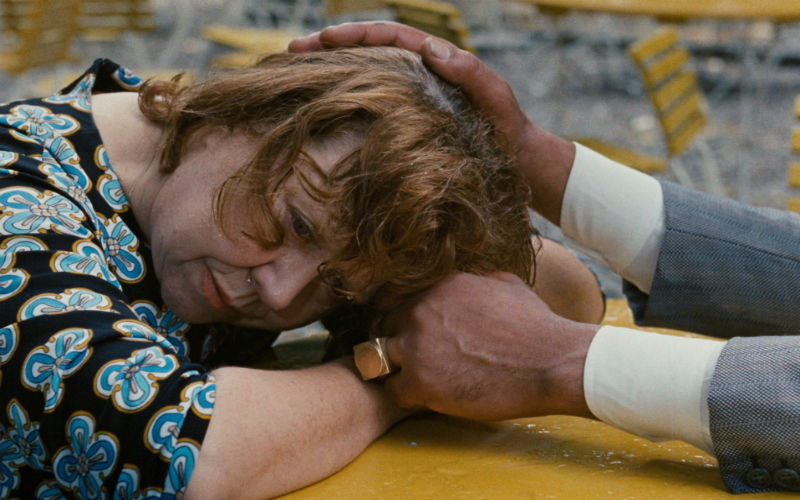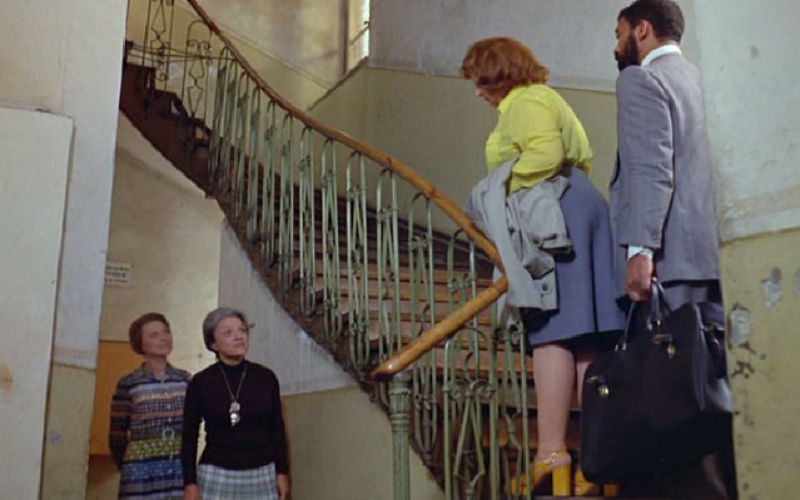




Diversity is not as straight-forward as it seems. We liberals like to think that it is a mandatory requirement for a multicultural, modern and sophisticated society. Yet we often come up with arguments that only serve to perpetuate the most reactionary and short-sighted rhetoric. For example, during the Brexit debate, the discussion around immigrants was almost inevitably linked to their financial and social contribution, something along the lines: “EU citizens have been paying taxes for years, they don’t claim benefits, and so on”. This is a dangerous fallacy.
It’s as if our tolerance of foreigners was entirely contingent on money and, to a lesser extent, social functionality (“they are our nurses, our train drivers, etc”). We have thereby stripped tolerance of its fundamentally altruistic nature. It’s as if we suddenly decided that tolerance has nothing to do with kindness, hospitality or high-mindedness. I have learnt from Rainer Werner Fassbinder’s 1974 classic Fear Eats the Soul (which is out in cinemas this weekend) that this is a very serious mistake with very pernicious ramifications. Tolerance founded upon economic/ vested interests will develop into an ulcer and kill.

In Fassbinder’s world there’s never a happy ending, redemption, a reestablished equilibrium or any sort of feel-good sentiments. In fact, most of his films don’t even have credits at the end. It’s as if Fassbinder suddenly threw an unexploded bomb on our lap and said: “stand up, go home and deal with it”. It’s time to question our most firmly established values, and to recognise our sheer hypocrisy and selfishness even in our most seemingly generous deeds. That’s why Fassbinder is my very favourite director, and I have watched all of his 43 films at least twice each. It’s some sort of spiritual cleansing conducted with the most radical and unorthodox instruments.
So now let’s go back to Fear Eats the Soul and why it’s still so relevant today. The movie tells the story of the unusual romance between the 30-something Moroccan guest worker Ali (El Hedi ben Salem) and a 60-year-old widowed German cleaning woman Emmi (Brigitte Mira). Everyone close to Emmi disapproves of the relationship: her friends, her neighbours, local shopkeepers and even her own children. Fassbinder thereby exposes deeply-rooted cynicism, xenophobia, racism and ageism, with his usual Brechtian streak.
Then suddenly these people change their attitude and begin to embrace Ali, but that’s not because they have changed their prejudices. Their acceptance of the immigrant is entirely related to self-interest, as they have realised that a pair of young and strong hands could be useful in many ways which they did not anticipate. Fassbinder denounces the sheer hypocrisy of social integration contingent on vested interests. The ordeal triggers such anxiety inside Ali that he develops an ulcer that could kill him.

The Brexit narrative has done something similar to immigrants (not just EU immigrants but instead all immigrants, as many pundits willfully fail to make the distinction). The debate around immigration has entirely dehumanised immigrants, and even those supporting immigration often use callous and calculating arguments (“tax-paying, etc”) in order to support their values. We have all become just like Emmi’s friends, neighbours, local shopkeepers and children: we only value the immigrant once our self-interests are met. This is not tolerance, this is not diversity. As Fassbinder put it, metaphorically and also rather didactically, this is an ulcer.
Fear Eats the Soul is out in various cinemas across the UK from Friday March 31st, 2017, when this piece was originally written. The classic is available on Mubi in February 2023,
















